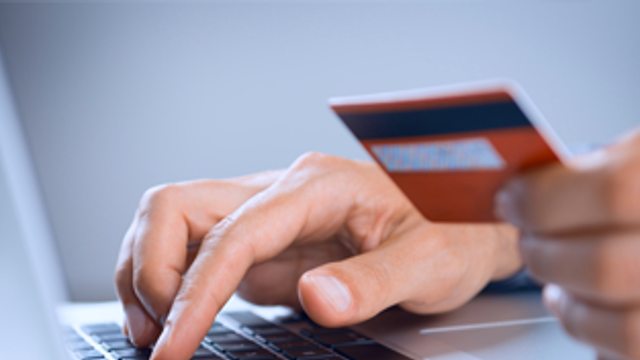If you want to use your credit card to pay for something but the shop, person, or business doesn’t accept them, an alternative is to use a credit card cheque.
These allow you to write a cheque that is paid from your credit card balance, rather than from your current account.
However, most lenders no longer offer credit card cheques, so they may not be available from your provider.
Credit card cheques used to be very common, and many lenders would send them out as a matter of course with cards to customers. However, they’ve become a lot less popular in recent years and your credit card provider is no longer allowed to send them out to you automatically – you’ve now got to ask if you want them.
They’ve also become quite controversial – partly because it isn’t always clear how much they cost when you use them. Let’s take a look at all of the important facts.
Alternative payment
Using a credit card cheque is an alternative way to spend on your card. They look just like normal blank cheques and – as we mentioned – the main reason you’d consider using one is if you want to pay a person or business that doesn’t accept credit cards.
However, as cheques have declined in popularity, it’s now unlikely that you’ll find many places that accept cheques as a method of payment but not credit cards.
It’s possible that a tradesman, like a builder or a plumber, might accept cheques but not have the facilities to process credit card payments. In such a situation, you might consider using a credit card cheque.
It's worth thinking twice before doing this because credit card cheques can be significantly more expensive than standard credit card transactions.
Credit card cheque risks
Paying with a credit card cheque is just like withdrawing cash from your credit card – with many providers charging a fee of up to 2.5% for doing so. For example, if you were to write a credit card cheque for £500, you’d have to pay a fee of £12.50 on top of this.
Credit card providers often charge a higher APR for credit card cheques and cash withdrawals than they do for regular credit card borrowing.
You’ll also start paying interest from the first day you’ve borrowed the money.
Usually, when you make a purchase on your credit card you’re given up to 56 days ‘grace period’ where you can pay back the money in full and incur no interest. This doesn’t apply to credit card cheques – you’ll be charged interest from day one.
Section 75
One benefit of using a credit card is that your purchases are protected by Section 75 of the Consumer Credit Act 1974. This means that if you pay for something and it turns up broken or it never turns up at all, you could claim the cost of this back from your credit card provider.
However, when you use a credit card cheque, you don’t get this protection. This means if there was a problem with something you bought using a credit card cheque, you’d either have to attempt to claim the money back from the company you bought it from or – failing this – end up out of pocket. It’s just another reason why credit card cheques are gradually falling out of use.
Fiona is a personal finance writer with over 7 years’ experience writing for a broad range of industries before joining Ocean in 2021. She uses her wealth of experience to turn the overwhelming aspects of finance into articles that are easy to understand.
![Email icon]()
Become a money maestro!
Sign up for tips on how to improve your credit score, offers and deals to help you save money, exclusive competitions and exciting products!
Find this useful? Share it with others!









